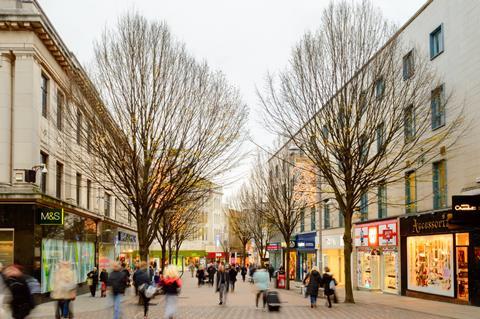
Business rates revaluations will take place every three years instead of five, under new government proposals.
The more frequent revaluations for non-domestic properties will make the tax “fairer and more streamlined” by ensuring it better reflects changing economic conditions, according to a new consultation.
The proposals are part of an ongoing ‘fundamental review’ of the business rates system, ahead of a final report set to be published this autumn.
“As our economy is recovering, we are supporting businesses to build back better,” said Treasury minister Jesse Norman.
“Proposals set out in this consultation would mean that valuations more quickly reflect how the economy is performing, making the business rates system more accurate and responsive, while balancing the burden for ratepayers.”
The government has faced repeated calls from industry for more frequent revaluations to keep the tax up to date with falling commercial property values in the pandemic.
BRC CEO Helen Dickinson welcomed the move as a “first step”, while calling for further business rates reform, including reducing the overall burden. “As retail emerges from the pandemic, a return to ‘business rates-as-usual’ could derail the industry’s recovery, with unnecessary shop closures and job losses the result,” she said.
“It is vital that the government builds on this first step on the road to reform and stands by its commitment to reduce the overall rates burden on businesses and ensures there are no further delays to the outcome of the fundamental review.”
British Property Federation CEO Melanie Leech said the government’s latest move was much needed thanks to plummeting values. “We have long called for the government to introduce more frequent revaluations,” said Leech. “Even before the pandemic, outside of central London, retail rents had fallen by about 30% over the previous decade – and including inflation it’s more like 50% – while rates remain based on outdated rental values from 2015.
“More frequent revaluations are desperately needed to support high street businesses and a more positive future for our town centres.”
Leech also called for further reform, including “abolishing the system of downwards transitional relief”, which limits how quickly a business’s bill is adjusted following a revaluation.
“If the Government is serious about making business rates fairer, they must accurately reflect true rental values with immediate effect upon revaluation,” she added.
The next business rates revaluation is set to take effect in 2023, based on 2021 property values.



















No comments yet